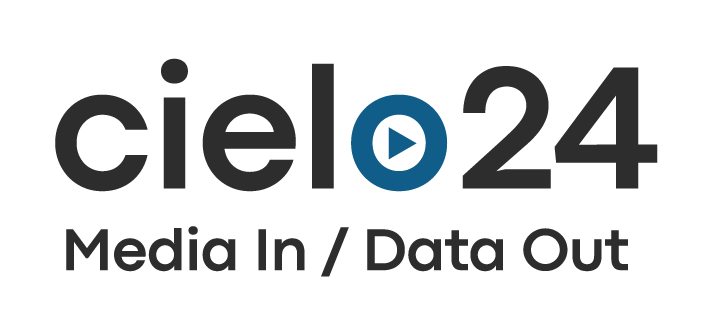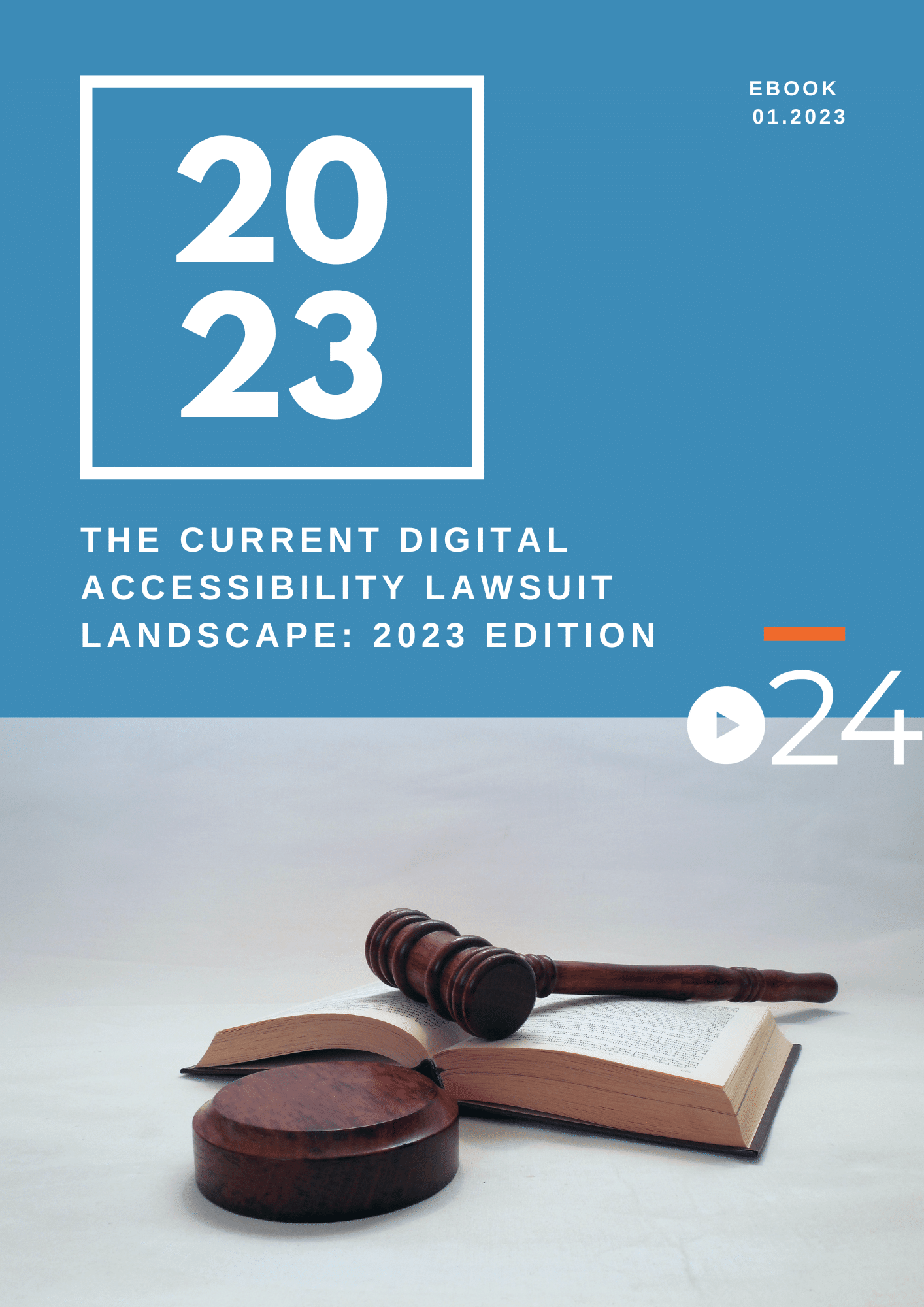
Section 504 on Website and Video Accessibility
The Americans with Disabilities Act (ADA) is a federal law in the United States that prohibits discrimination against individuals with disabilities in all areas of public life, including employment, education, transportation, and public accommodations. Section 504 of the Rehabilitation Act of 1973 is another federal law prohibiting discrimination against individuals with disabilities by organizations that receive federal funding. In recent years, there has been an increase in lawsuits involving Section 504 regarding website and even video accessibility.
Section 504 and Website Accessibility
Section 504 applies to federal funding organizations such as colleges, universities, public schools, and hospitals. The law requires these organizations to make their programs and activities accessible to individuals with disabilities, including their websites. This means that websites must be designed and maintained to allow individuals with disabilities to access the information and services provided.
Many lawsuits have been filed in recent years against organizations that have failed to make their websites accessible to individuals with disabilities. These lawsuits have primarily focused on the lack of accessibility for individuals who are blind or visually impaired, deaf or hard of hearing, or have mobility impairments. Some of the most high-profile lawsuits have been against large retailers, such as Target and Walmart, and universities, such as Harvard and MIT. Both Harvard and MIT were sued for lacking 99% accurate video captions on their instructional video.
The lawsuits have alleged that the organizations’ websites are not accessible to individuals with disabilities, violating Section 504 of the Rehabilitation Act. In some cases, the lawsuits have also alleged violations of the ADA, which applies to all public accommodations, including websites.
The Harvard and MIT putative class actions were each originally filed on February 12, 2015, before the United States District Court for the District of Massachusetts. Both putative class actions against Harvard and MIT alleged violations of the ADA and the Rehabilitation Act because of the universities’ failure to provide closed captioning in their online lectures, courses, podcasts, and other educational materials. Read more >>
Legal Standards for Website Accessibility
The legal standards for website accessibility are not always clear, which has led to confusion and inconsistency in the courts. However, organizations can follow several guidelines and standards to ensure their websites are accessible to individuals with disabilities.
Understanding The Impact of Section 504 on Website and Video Accessibility
The Web Content Accessibility Guidelines (WCAG) are guidelines developed by the World Wide Web Consortium (W3C) that provide technical standards for website accessibility. The guidelines (ebook LINK) include three levels of compliance: A, AA, and AAA. Level AA compliance is generally considered the minimum standard for website accessibility.
The Section 508 Standards (ebook LINK)are another set of standards that apply to federal agencies and organizations that receive federal funding. The standards provide specific requirements for website accessibility, including requirements for alternative text for images, video captions, and keyboard accessibility.
In addition to the WCAG and Section 508 Standards, the Department of Justice (DOJ) has also issued guidance on website accessibility. The DOJ has stated that websites are considered public accommodations under the ADA and must be accessible to individuals with disabilities.
Section 504 Legal Cases
About The Harvard and MIT Lawsuits
This resource summarizes the current accessibility lawsuit landscape and dives into some of the most ground-breaking historical lawsuits for the entertainment, eCommerce, education industries, and more.
- The Americans with Disabilities Act
- WCAG Overview
- Significant Trends in Digital Accessibility Lawsuits
- Accessibility Lawsuits by the Numbers The Retail Industry & Lawsuits
- The Entertainment Industry: Monumental Lawsuits
- Recent Higher Education Lawsuits
Section 504 Video Application
Video accessibility is an essential aspect of Section 504 of the Rehabilitation Act, which requires organizations that receive federal funding to make their programs and activities accessible to individuals with disabilities. This includes ensuring that videos are accessible to individuals who are deaf or hard of hearing, blind or visually impaired, or have other disabilities that impact their ability to access video content.
One way to ensure video accessibility is to provide closed captions or subtitles. Closed captions are time-synchronized text that appears on the screen and displays spoken dialogue and other relevant sounds and cues. Subtitles are similar to closed captions, but they only display spoken dialogue.
Closed captions and subtitles allow individuals who are deaf or hard of hearing to access video content, as well as those who are non-native speakers or have difficulty understanding spoken language. They also provide video content access for individuals in noisy environments or have other distractions that make it difficult to hear the audio.
In addition to closed captions and subtitles, video accessibility may also involve providing audio descriptions, which describe the video’s visual content for individuals who are blind or visually impaired.
Section 504 In Summary
Overall, video accessibility is an essential aspect of Section 504, and organizations that receive federal funding should ensure their video content is accessible to individuals with disabilities.
Section 504 of the Rehabilitation Act requires organizations that receive federal funding to make their programs and activities accessible to individuals with disabilities, including their websites. In recent years, there has been an increase in lawsuits involving Section 504 and website and video accessibility. These lawsuits have alleged that organizations’ websites are not accessible to individuals with disabilities, violating Section 504.
The legal standards for website accessibility are not always clear, but organizations can follow several guidelines and standards to ensure that their websites are accessible to individuals with disabilities. The Web Content Accessibility Guidelines (WCAG), the Section 508 Standards, and guidance from the Department of Justice (DOJ) provide specific requirements for website accessibility.
Organizations must prioritize website and video accessibility and guarantee that their online content, including audio and video, is accessible to people with disabilities. Failure to do so can result in costly lawsuits and damage the organization’s reputation.
The cielo24 Advantage
We have built our capabilities sparing no cost to deliver high-quality accessibility solutions to our clients.
What are you waiting for?

